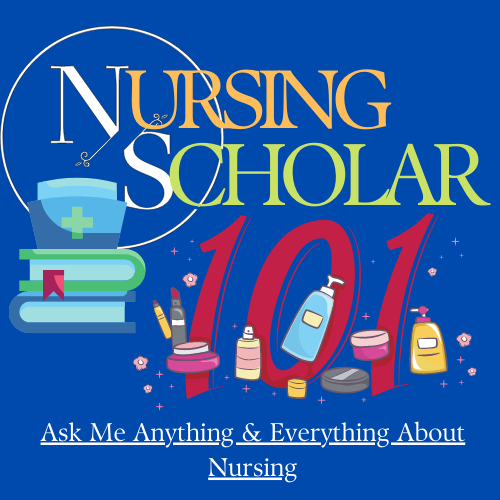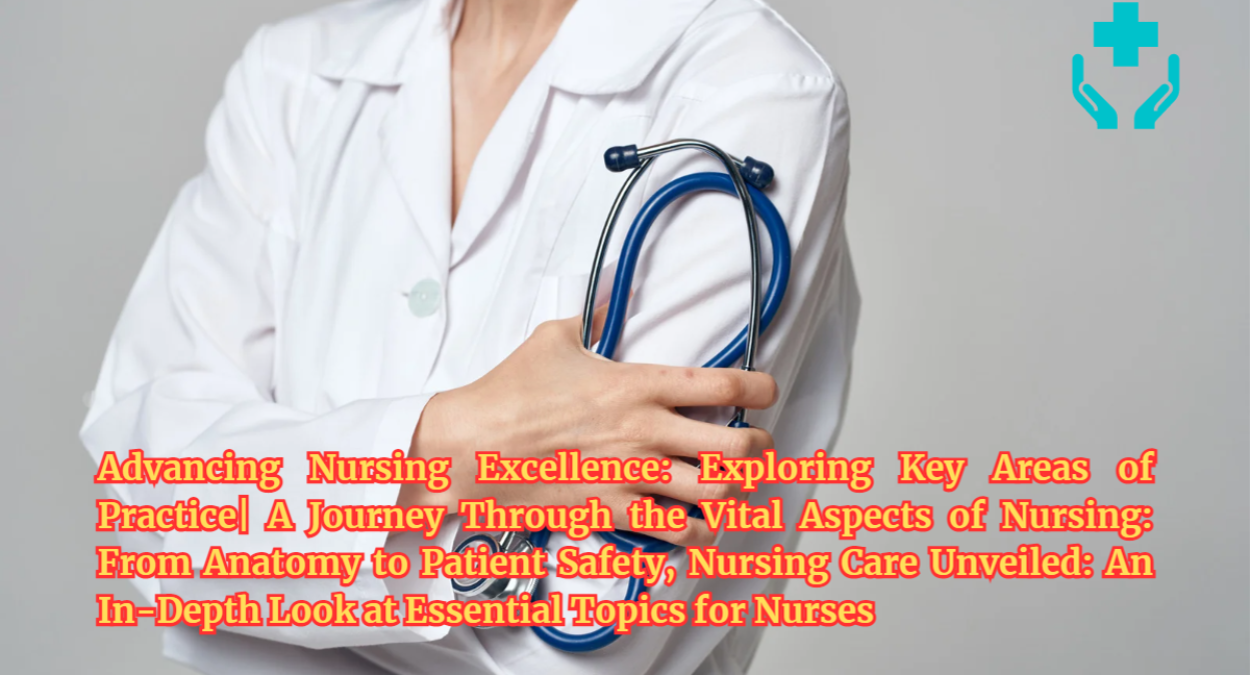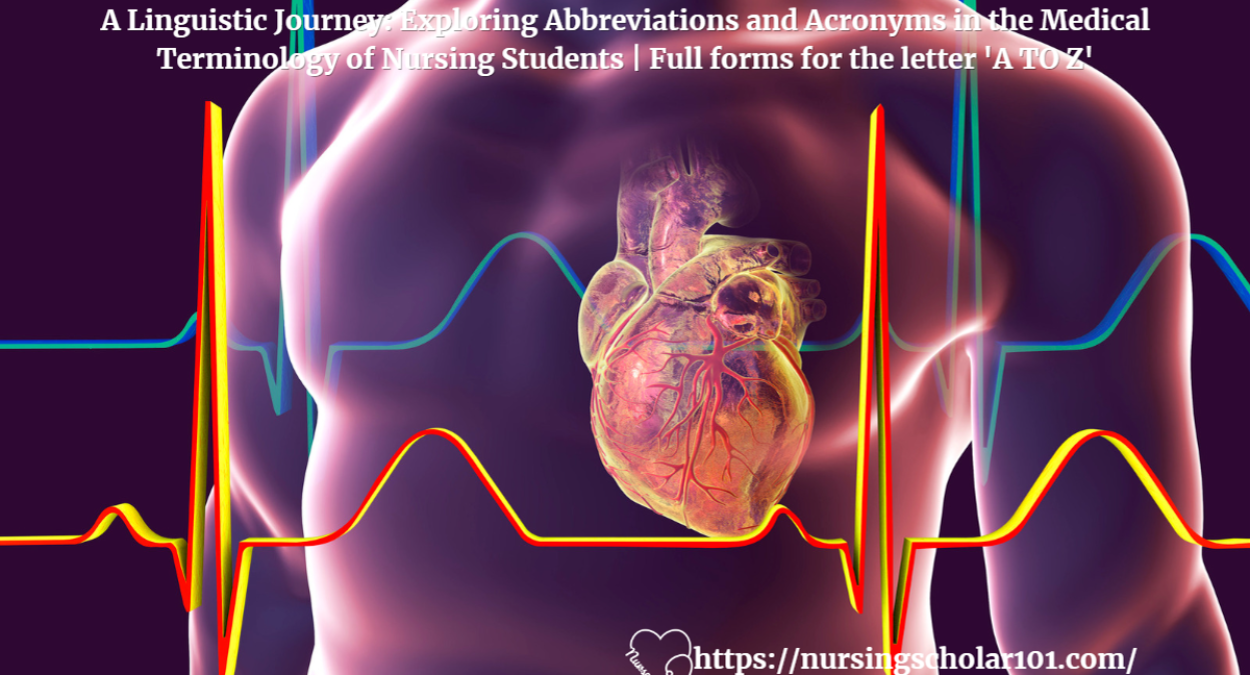100 Essential MCQs for Nursing Exam 2024 with Answers (Part 3/3)
This comprehensive guide features 100 multiple-choice questions (MCQs) designed to help nursing students and professionals prepare for the Nursing Exam 2024. Covering a wide range of critical topics, including Mental Health Nursing, Geriatric Nursing, Community Health Nursing, and more, each section offers five carefully curated questions along with the correct answers.
The questions reflect key concepts and practical knowledge required for the exam, ensuring that you’re well-prepared for success. Whether you’re a nursing student or a seasoned practitioner looking to refresh your skills, this resource serves as an invaluable tool in your study regimen. Additionally, the article includes FAQs to address common concerns and provide further guidance on how to effectively prepare for the exam.
TO DOWNLOAD ALL PREVIOUS QUESTION PAPERS READ MORE:
- 100 Essential MCQs for Nursing Exam 2024 with Answers (Part 2/3)
- 100 Essential MCQs for Nursing Exam 2024 with Answers (Part 1/3)
- Nursing Care: The Role of Nursing in Hospitals, 10 Key Roles of Nursing in Hospitals, 25 FAQs About the Role of Nursing in Hospitals
- Where to Find Previous Nursing Exam Papers? DSSSB 2024
- DSSSB Nursing Officer Exam 24, Downloadable Previous Nursing Exam Papers
- 2024 DSSSB Nursing Exam: A Comprehensive Guide to Your Path in Healthcare, Download Previous Exam Papers Format
13. Critical Care Nursing
61. The Glasgow Coma Scale is used to assess:
– A) Pain level
– B) Cognitive function
– C) Level of consciousness
– D) Muscle strength
Answer: C) Level of consciousness
62. Which of the following is a common complication of mechanical ventilation?
– A) Hypertension
– B) Pneumothorax
– C) Bradycardia
– D) Hyperthermia
Answer: B) Pneumothorax
63. The priority intervention for a patient experiencing a cardiac arrest is:
– A) Administering oxygen
– B) Starting CPR
– C) Giving IV fluids
– D) Defibrillation
Answer: B) Starting CPR
64. Which medication is commonly used to treat acute myocardial infarction?
– A) Insulin
– B) Aspirin
– C) Warfarin
– D) Metformin
Answer: B) Aspirin
65. In critical care settings, the primary goal of hemodynamic monitoring is to:
– A) Measure oxygen saturation
– B) Assess fluid balance
– C) Monitor heart rate
– D) Evaluate cardiovascular function
Answer: D) Evaluate cardiovascular function
14. Surgical Nursing
66. The primary purpose of preoperative teaching is to:
– A) Reduce patient anxiety
– B) Ensure the patient consents to the procedure
– C) Explain the risks of surgery
– D) Prepare the patient physically and mentally for surgery
Answer: D) Prepare the patient physically and mentally for surgery
67. Which of the following is an essential component of postoperative care?
– A) Administering sedatives
– B) Monitoring for signs of infection
– C) Restricting fluids
– D) Providing isolation
Answer: B) Monitoring for signs of infection
68. A surgical site infection typically occurs within:
– A) 24 hours post-surgery
– B) 48 hours post-surgery
– C) 30 days post-surgery
– D) 60 days post-surgery
Answer: C) 30 days post-surgery
69. Which type of surgery is performed to alleviate symptoms rather than cure a condition?
– A) Diagnostic surgery
– B) Palliative surgery
– C) Elective surgery
– D) Reconstructive surgery
Answer: B) Palliative surgery
70. The primary goal of the aseptic technique in the operating room is to:
– A) Speed up the surgery
– B) Prevent infection
– C) Reduce pain
– D) Minimize bleeding
Answer: B) Prevent infection
15. Nursing Leadership and Management
71. Transformational leadership in nursing primarily focuses on:
– A) Maintaining the status quo
– B) Inspiring and motivating staff
– C) Implementing strict rules
– D) Managing resources
Answer: B) Inspiring and motivating staff
72. A nurse manager’s primary role in conflict resolution is to:
– A) Take sides in the conflict
– B) Enforce a solution
– C) Facilitate communication between parties
– D) Ignore the conflict
Answer: C) Facilitate communication between parties
73. Which of the following is an example of effective delegation in nursing?
– A) Assigning a complex task to an inexperienced nurse
– B) Delegating tasks according to skill level
– C) Delegating tasks without providing guidance
– D) Taking on all tasks personally
Answer: B) Delegating tasks according to skill level
74. Which type of decision-making involves input from all team members?
– A) Autocratic
– B) Democratic
– C) Laissez-faire
– D) Authoritarian
Answer: B) Democratic
75. A nurse leader who practices “servant leadership” primarily:
– A) Focuses on serving the needs of their staff
– B) Makes decisions independently
– C) Prioritizes administrative tasks
– D) Enforces strict protocols
Answer: A) Focuses on serving the needs of their staff
16. Research and Evidence-Based Practice
76. The PICO model is used in nursing research to:
– A) Conduct experiments
– B) Formulate clinical questions
– C) Analyze data
– D) Write research papers
Answer: B) Formulate clinical questions
77. Which type of research study provides the highest level of evidence?
– A) Case study
– B) Randomized controlled trial (RCT)
– C) Cohort study
– D) Cross-sectional study
Answer: B) Randomized controlled trial (RCT)
78. In evidence-based practice, the term “meta-analysis” refers to:
– A) A study of studies
– B) A single case report
– C) A qualitative research method
– D) An observational study
Answer: A) A study of studies
79. The main purpose of conducting a literature review is to:
– A) Collect data
– B) Identify gaps in current knowledge
– C) Develop a research hypothesis
– D) Perform statistical analysis
Answer: B) Identify gaps in current knowledge
80. Which of the following is an essential component of informed consent in research?
– A) Coercion
– B) Deception
– C) Voluntary participation
– D) Financial incentives
Answer: C) Voluntary participation
17. Emergency Nursing
81. The priority in the management of a trauma patient is:
– A) Pain control
– B) Airway management
– C) Controlling bleeding
– D) Splinting fractures
Answer: B) Airway management
82. In the event of a suspected spinal injury, the nurse should:
– A) Immobilize the spine
– B) Perform a physical examination
– C) Administer pain medication
– D) Take a full set of vital signs
Answer: A) Immobilize the spine
83. The primary goal of triage in an emergency setting is to:
– A) Provide treatment to all patients
– B) Prioritize patients based on the severity of their condition
– C) Discharge patients quickly
– D) Gather patient information
Answer: B) Prioritize patients based on the severity of their condition
84. Which of the following is an indication for the use of epinephrine in an emergency?
– A) Asthma attack
– B) Anaphylactic shock
– C) Heart attack
– D) Hypertension
Answer: B) Anaphylactic shock
85. Which of the following is a key component of disaster preparedness for nurses?
– A) Knowledge of triage protocols
– B) Ability to perform surgery
– C) Expertise in radiology
– D) Understanding hospital billing procedures
Answer: A) Knowledge of triage protocols
18. Nursing Informatics
86. Nursing informatics primarily involves:
– A) Managing patient care plans
– B) Using technology to manage and communicate data
– C) Performing bedside care
– D) Administering medications
Answer: B) Using technology to manage and communicate data
87. Which of the following is an example of a clinical decision support system (CDSS)?
– A) Electronic health record (EHR)
– B) Telemetry monitoring
– C) Automated medication dispensing system
– D) Barcode scanning for medication administration
Answer: A) Electronic health record (EHR)
88. The primary benefit of electronic health records (EHRs) is:
– A) Reducing the number of staff needed
– B) Improving the accuracy and accessibility of patient information
– C) Increasing healthcare costs
– D) Decreasing patient interaction
Answer: B) Improving the accuracy and accessibility of patient information
89. Which of the following is a potential risk associated with the use of health informatics?
– A) Improved patient outcomes
– B) Increased privacy breaches
– C) Better data management
– D) Enhanced communication
Answer: B) Increased privacy breaches
90. In nursing informatics, the term “interoperability” refers to:
– A) The ability to operate multiple devices
– B) The seamless exchange of information between different systems
– C) The storage capacity of electronic health records
– D) The speed of data entry
Answer: B) The seamless exchange of information between different systems
19. End-of-Life Care
91. The primary focus of palliative care is:
– A) Curing the disease
– B) Relieving symptoms and improving quality of life
– C) Prolonging life at all costs
– D) Isolating the patient from the family
Answer: B) Relieving symptoms and improving quality of life
92. Which of the following is a common symptom managed in end-of-life care?
– A) Hypertension
– B) Pain
– C) Hyperactivity
– D) Insomnia
Answer: B) Pain
93. Which of the following is true regarding hospice care?
– A) It is only provided in hospitals
– B) It focuses on aggressive treatment
– C) It supports both the patient and their family
– D) It is only for cancer patients
Answer: C) It supports both the patient and their family
94. Advance care planning typically involves:
– A) Deciding on a specific treatment plan
– B) Discussing future healthcare wishes with loved ones
– C) Creating a will
– D) Arranging long-term care insurance
Answer: B) Discussing future healthcare wishes with loved ones
95. A nurse’s role in end-of-life care includes:
– A) Providing emotional support to the patient and family
– B) Withholding information about the patient’s condition
– C) Discouraging discussion about death
– D) Avoiding communication with the family
Answer: A) Providing emotional support to the patient and family
Conclusion
Preparing for the Nursing Exam 2024 involves a comprehensive understanding of various nursing fields. This set of 100 multiple-choice questions, complete with answers, serves as a valuable resource for both nursing students and practicing nurses looking to refresh their knowledge. By focusing on these critical areas, you can enhance your readiness for the exam and ensure a strong foundation in nursing practice.
FAQs
1. What is the best way to study for the Nursing Exam 2024?
Answer: Focus on key topics, use practice exams, and review rationales for correct and incorrect answers.
2. Are these MCQs reflective of the actual Nursing Exam?
Answer: Yes, they cover important areas commonly tested in the exam.
3. How many questions are on the actual Nursing Exam 2024?
Answer: The number of questions can vary, but typically there are around 100 to 150 questions.
4. Can these questions be used for other nursing exams?
Answer: Yes, many of these concepts are universal and apply to various nursing exams.
5. What resources should I use alongside these MCQs?
Answer: Consider using textbooks, online courses, and simulation exams for comprehensive preparation.
This concludes the article on “100 MCQs of Nursing Exam 2024.” By going through these questions and answers, you’ll be better equipped to tackle the challenges of the exam and succeed in your nursing career.





